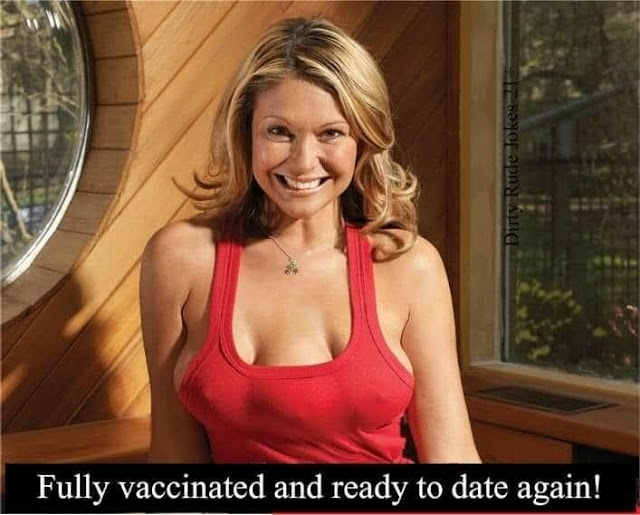
Posted on 09/18/2021 6:57:27 PM PDT by delta7
Abstract
Background: A key question concerning coronavirus disease 2019 (COVID-19) is how effective and long lasting immunity against this disease is in individuals who were previously infected with severe acute respiratory syndrome coronavirus 2 (SARS-CoV-2). We aimed to evaluate the risk of SARS-CoV-2 re-infections in the general population in Austria.
Methods: This is a retrospective observational study using national SARS-CoV-2 infection data from the Austrian epidemiological reporting system. As the primary outcome, we aim to compare the odds of SARS-CoV-2 re-infections of COVID-19 survivors of the first wave (February to April 30, 2020) versus the odds of first infections in the remainder general population by tracking polymerase chain reaction (PCR)-confirmed infections of both groups during the second wave from September 1 to November 30, 2020. Re-infection counts are tentative, since it cannot be excluded that the positive PCR in the first and/or second wave might have been a false positive.
Results: We recorded 40 tentative re-infections in 14 840 COVID-19 survivors of the first wave (0.27%) and 253 581 infections in 8 885 640 individuals of the remaining general population (2.85%) translating into an odds ratio (95% confidence interval) of 0.09 (0.07 to 0.13).
Conclusions: We observed a relatively low re-infection rate of SARS-CoV-2 in Austria. Protection against SARS-CoV-2 after natural infection is comparable with the highest available estimates on vaccine efficacies. Further well-designed research on this issue is urgently needed for improving evidence-based decisions on public health measures and vaccination strategies.

Eccentrica Gallumbits?
Wow, she has two cleavages.
This is a study I would call useful, but not very.
They find roughly 10X more infection risk in the public with no history of infection than in the public who had a previous infection. 10X is not bad, but it’s not really all that great. It’s not bulletproof.
The problems with the study are this:
Yes, they mentioned the possibility of false positives. So this is a possible problem they acknowledged.
More significant would seem to me the dates: First infection Feb-April 2020. 2nd infection (or first for the general populace) time frame Sept-Nov 2020. Roughly 6 months for any immunity to fade. That’s not much.
The time frames of course included no mutations.
And, as usual, the absolute most worrisome issue in surveys like this would be total confidence in identical behavior of both groups. Some people say if they had Covid and recovered, they think they are now immune and mega-safe and take no precautions at all. Others say they had Covid and it was the worst illness they ever felt and were lucky to recover and no way in hell they go hang out in crowds. So the data is hugely questionable from this. The control group and test group are not certain to behave the same.
There was also no age specificity in the data.
Does this count as twin outboards for Motorboatin’???
Took me a second... then it hit me. I must be getting old in that my eyes did not start there. LUL.
Disclaimer: Opinions posted on Free Republic are those of the individual posters and do not necessarily represent the opinion of Free Republic or its management. All materials posted herein are protected by copyright law and the exemption for fair use of copyrighted works.